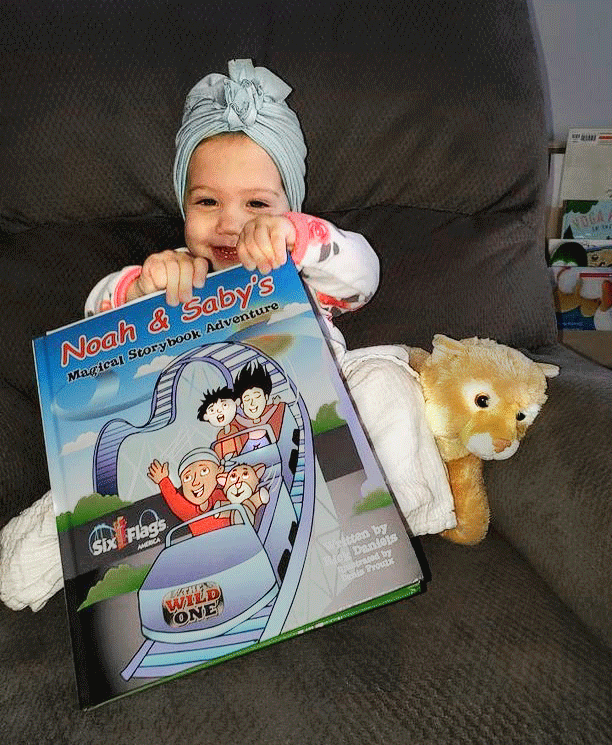Progress in Immunotherapy, and T-cell signal to fight cancer
Progress in Immunotherapy, and T-cell signal to fight cancer The fight against cancer continues, and recent discoveries get us closer to finding a final cure for this challenging disease. Among these, we can name two current studies that shed light on approaching cancer and its reaction to specific protein synthesis. The first study includes The […]
Progress in Immunotherapy, and T-cell signal to fight cancer Read More »



